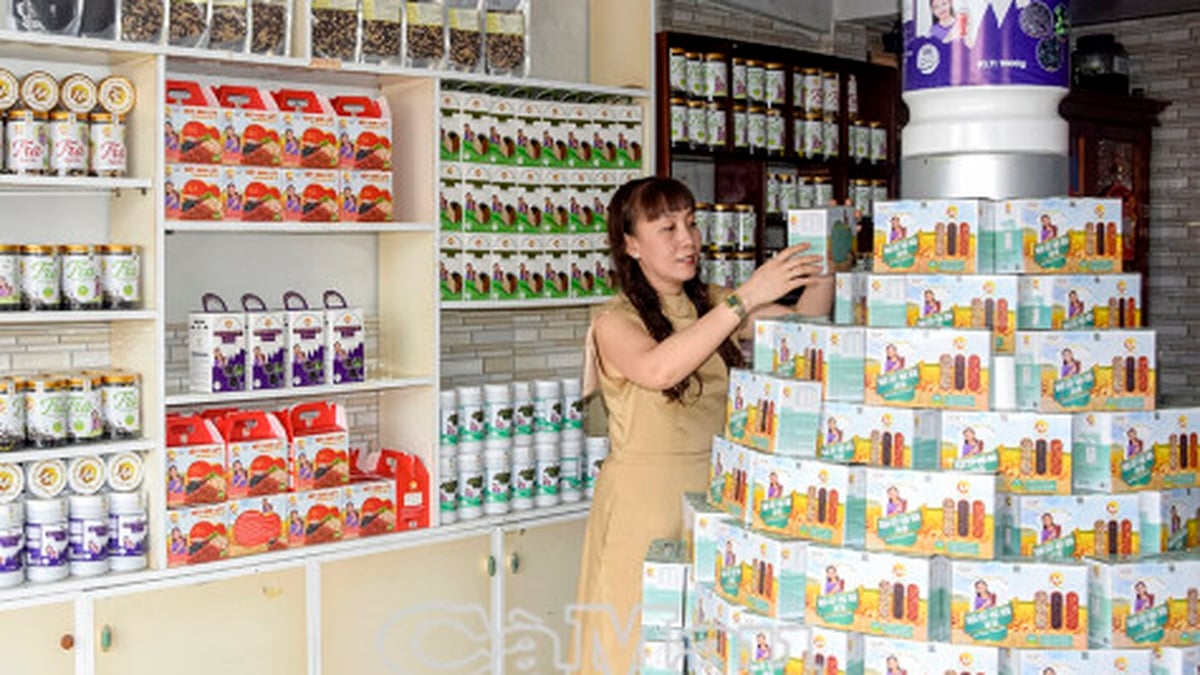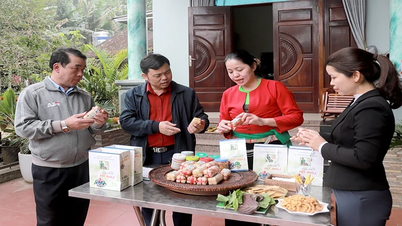
Acetaminophen - the main ingredient in the popular pain reliever Tylenol, also known as paracetamol in some countries - is often made from fossil fuels.
The new method - developed with support from pharmaceutical company AstraZeneca - transforms a molecule from a common plastic called polyethylene terephthalate (PET) into the active ingredient in Tylenol, according to a paper published in the journal Nature Chemistry.
PET is a durable, lightweight plastic commonly used to make water bottles and food packaging. Every year, the world produces more than 350 million tons of PET plastic waste.
The conversion from PET plastic to acetaminophen takes place at room temperature and is completed in less than 24 hours, using a fermentation process similar to that used to brew beer, with a near-zero carbon footprint.
Professor Stephen Wallace of the University of Edinburgh - head of the research team - commented: "This study proves that PET plastic is not just waste or raw material for making many other plastic products. PET can be transformed by microorganisms into high-value products, including products with the potential to treat diseases."
However, scientists say more research is needed before PET can be used to produce acetaminophen on a commercial scale.
Source: https://doanhnghiepvn.vn/cong-nghe/vi-khuyen-giup-chuyen-hoa-rac-thai-nhua-thanh-thuoc-giam-dau/20250707084734287


































































































Comment (0)